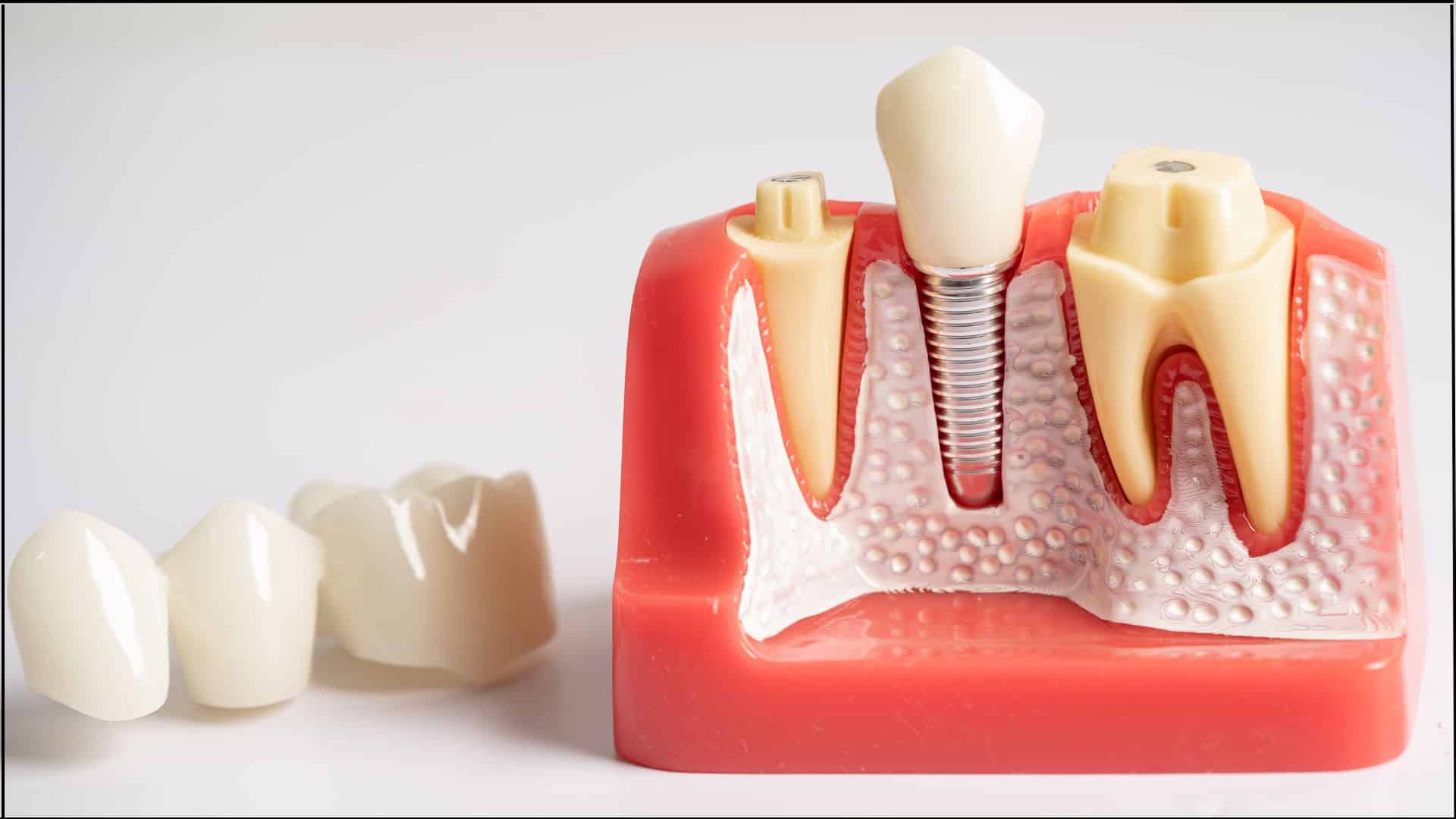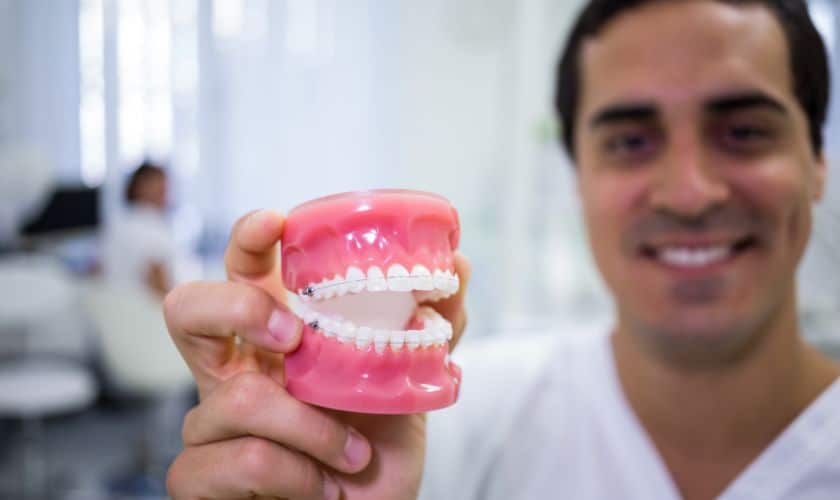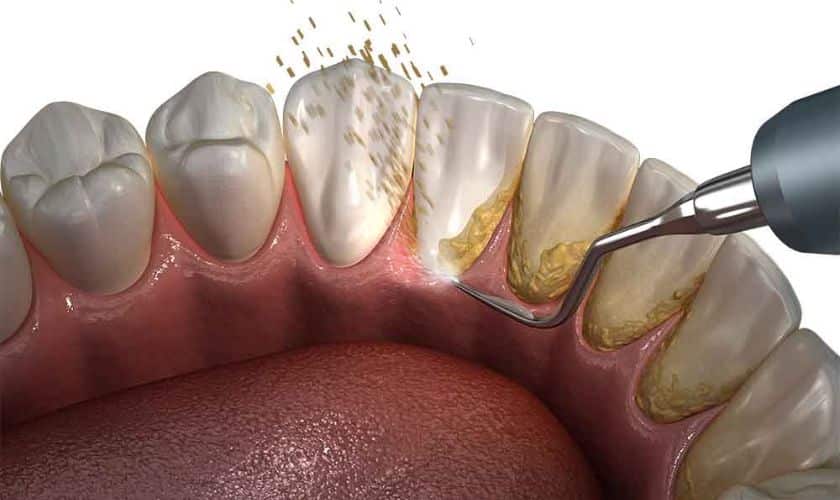
April 7, 2023
Do you experience unexplained pain in your jaw, neck, or ears? Have you noticed clicking or popping sounds when opening and closing your mouth? If so, it’s time to pay attention and opt for TMJ treatment. These could be signs of a serious condition called TMJ disorder. Ignoring the pain won’t make it go away – but seeking treatment can bring relief and improve your overall quality of life. In this blog post, we’ll explore the common symptoms of TMJ disorder and why seeking professional help is essential for managing this condition.
What is TMJ treatment?
The temporomandibular joint (TMJ) is the hinge joint that connects your jawbone to your skull. It allows you to move your jaw up and down and side to side to talk, chew, and yawn. But when this joint isn’t working properly, it can cause much pain and discomfort.
Some things can cause TMJ problems. For some people, it’s due to an injury or arthritis. Others may have teeth that are misaligned or missing, which puts extra stress on the joint. And for some people, stress can lead to clenching or grinding their teeth (bruxism), which can also cause TMJ pain.
If you have TMJ disorder, it’s important to see a doctor or dentist so they can diagnose the problem and devise a treatment plan. Treatment may involve wearing a mouth guard at night to prevent grinding your teeth, doing jaw exercises to stretch and strengthen the muscles around the joint, or taking medication to relieve pain and inflammation. In some cases, surgery may be necessary to correct the problem.
Don’t ignore the pain if you think you might have TMJ disorder. The sooner you get treatment, the sooner you can find relief from your symptoms.
Symptoms and Causes of TMJ
The temporomandibular joint (TMJ) is the hinge that connects your jaw to your skull. It’s what allows you to talk, chew, and yawn. When this joint isn’t working correctly, it’s called TMJ disorder or TMD.
Some symptoms can occur with TMJ disorder. The most common symptom is a pain in the jaw joint and surrounding muscles. This pain can be aggravated by chewing, talking, or yawning. Other symptoms include:
- Clicking or popping sound when opening or closing the mouth
- Difficulty chewing or pain while chewing
- Pain in the ear
- Facial pain
- headaches
There are some different causes of TMJ disorder. One of the most common is stress. When stressed, we tend to clench our jaws or grind our teeth (bruxism). Ir can put a lot of strain on the TMJ and lead to pain. Other causes include:
Dislocation of the Temporomandibular Joint, arthritis in the Temporomandibular Joint, teeth grinding (bruxism), clenching teeth excessively, whiplash injury, lockjaw.
Treatment for TMJ
If you’re experiencing pain in your temporomandibular joint (TMJ), seeking treatment as soon as possible is important. TMJ disorders can be caused by factors such as teeth grinding, jaw clenching, and injury. Treatment for TMJ will vary depending on the cause of your disorder but may include physical therapy, orthodontic treatment, or surgery.
If you’re grinding your teeth at night or during the day, your dentist may recommend wearing a mouth guard to protect your teeth from further damage. If you have an injured TMJ, you may need to see a doctor or physical therapist for specialized exercises and treatments. Surgery may sometimes be necessary to correct a misaligned jaw or damaged joint.
No matter the cause of your TMJ disorder, it’s important to seek treatment as soon as possible to relieve pain and prevent further damage.
The TMJ Diagnosis Process
The process of diagnosing TMJ can be long and difficult, as there is no one specific test that can diagnose the condition. Instead, doctors must rely on a combination of medical history, physical examination, and imaging tests to rule out other possible causes of jaw pain before diagnosing TMJ.
Medical history: Your doctor will ask about your symptoms and when they began, as well as any medical conditions you have that could be causing or contributing to your jaw pain. They will also ask about your family medical history, as TMJ can be hereditary.
Physical examination: Your doctor will examine your mouth, teeth, and jaw for signs of TMJ. They may also feel your jaw while you open and close your mouth to check for clicking or popping sounds.
Imaging tests: Sometimes, your doctor may order X-rays or other imaging tests to better look at the structures in your jaw. These tests can help rule out other possible causes of jaw pain, such as arthritis or a fracture.
How to Manage Pain from TMJ
If you are experiencing pain in your jaw, it is important to pay attention to the symptoms and consult a medical professional. TMJ, or temporomandibular joint disorder, is a condition that affects the joints that connect the lower jaw to the skull. It can lead to pain and difficulty opening and closing the mouth. There are several things you can do to manage pain from TMJ:
– Over-the-counter pain medications can help to relieve pain and inflammation.
– Applying ice or heat to the affected area can also be helpful.
– Eating soft foods and avoiding hard or chewy foods can help to prevent further irritation of the joints.
– Exercises that stretch and strengthen the muscles around the jaw can also be beneficial.
If you are experiencing pain from TMJ, it is important to consult a medical professional to determine the best course of treatment.
Home Remedies for TMJ Relief
Many home remedies can provide relief for TMJ. Some of these home remedies include:
- Applying ice to the affected area. It can help to reduce inflammation and pain.
- Taking over-the-counter pain relievers such as ibuprofen or aspirin.
- Eating soft foods and avoiding hard or chewy foods.
- Practicing good dental hygiene. It includes brushing your teeth twice daily, flossing daily, and using mouthwash.
-
- Avoid clenching or grinding your teeth. If you do these things, it can make your TMJ worse.
If you try these home remedies and find they are not providing relief, it is important to see a doctor or dentist. They can provide more specific treatment options that may be more effective in treating your TMJ.
Alternatives to Professional Treatment for TMJ
There are some alternatives to professional treatment for TMJ. These include over-the-counter and home remedies. Over-the-counter pain relievers, such as ibuprofen, can help reduce the pain associated with TMJ. Ice or heat packs applied to the jaw can also help relieve pain. Home remedies, massaging the jaw or applying a warm compress to the jaw, can also help reduce pain and inflammation.
Conclusion
TMJ disorder can cause pain and discomfort, but getting treatment is important if you experience any signs or symptoms. Taking action sooner rather than later can help reduce the risk of long-term damage and allow you to start feeling better more quickly. While home remedies such as over-the-counter medications and stretches may provide temporary relief, seeking professional care is best to address your TMJ problems properly.
Recent Posts

Top Benefits of Using a Sedation Dentist in the Portland Area

Missing Teeth? How Dental Implants Can Restore Your Smile

Oral Cancer and Dental Professionals: The Frontline of Defense

Fresh Breath Quest: Knowing When to Seek Dentist Help for Bad Breath

